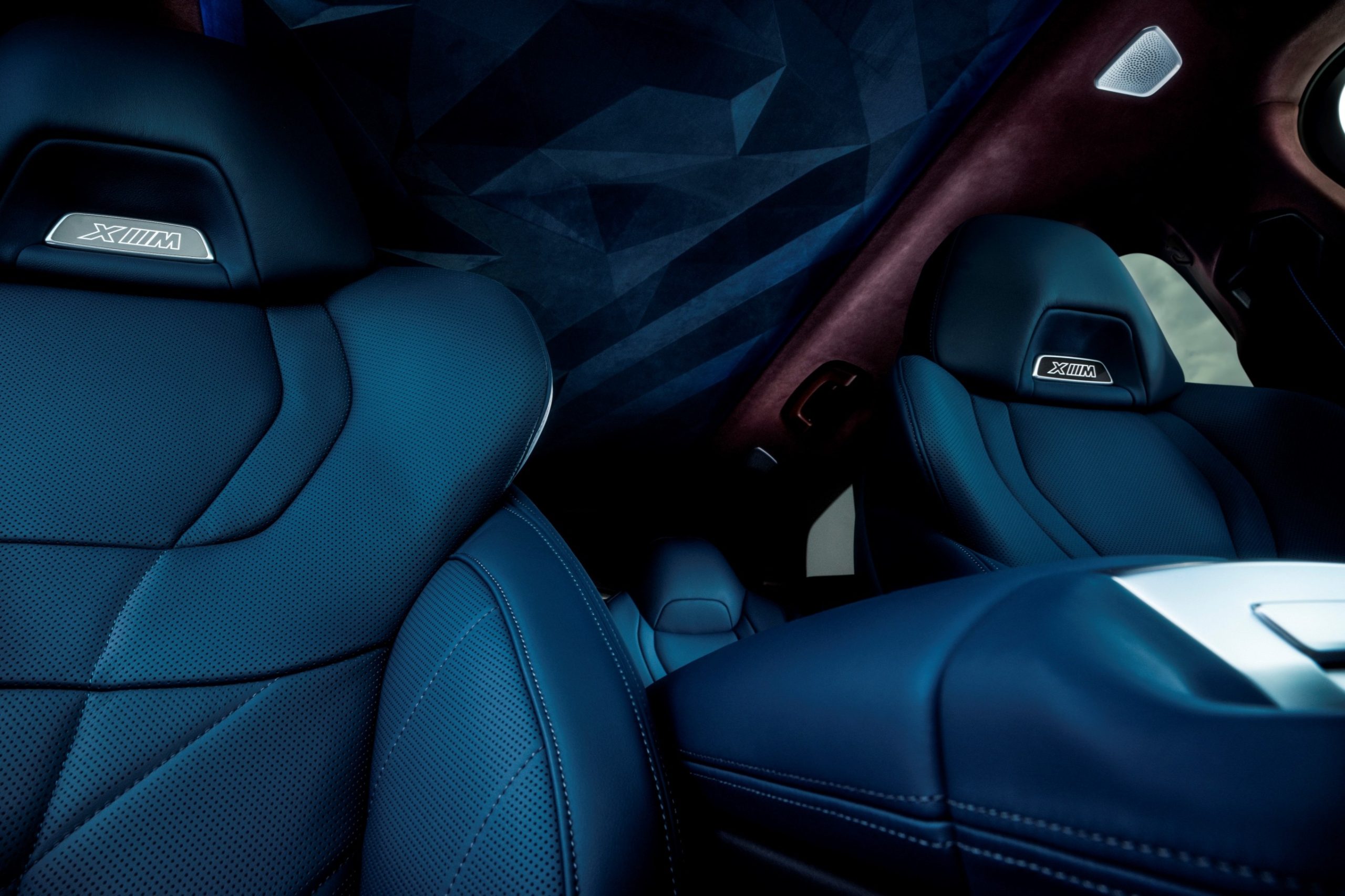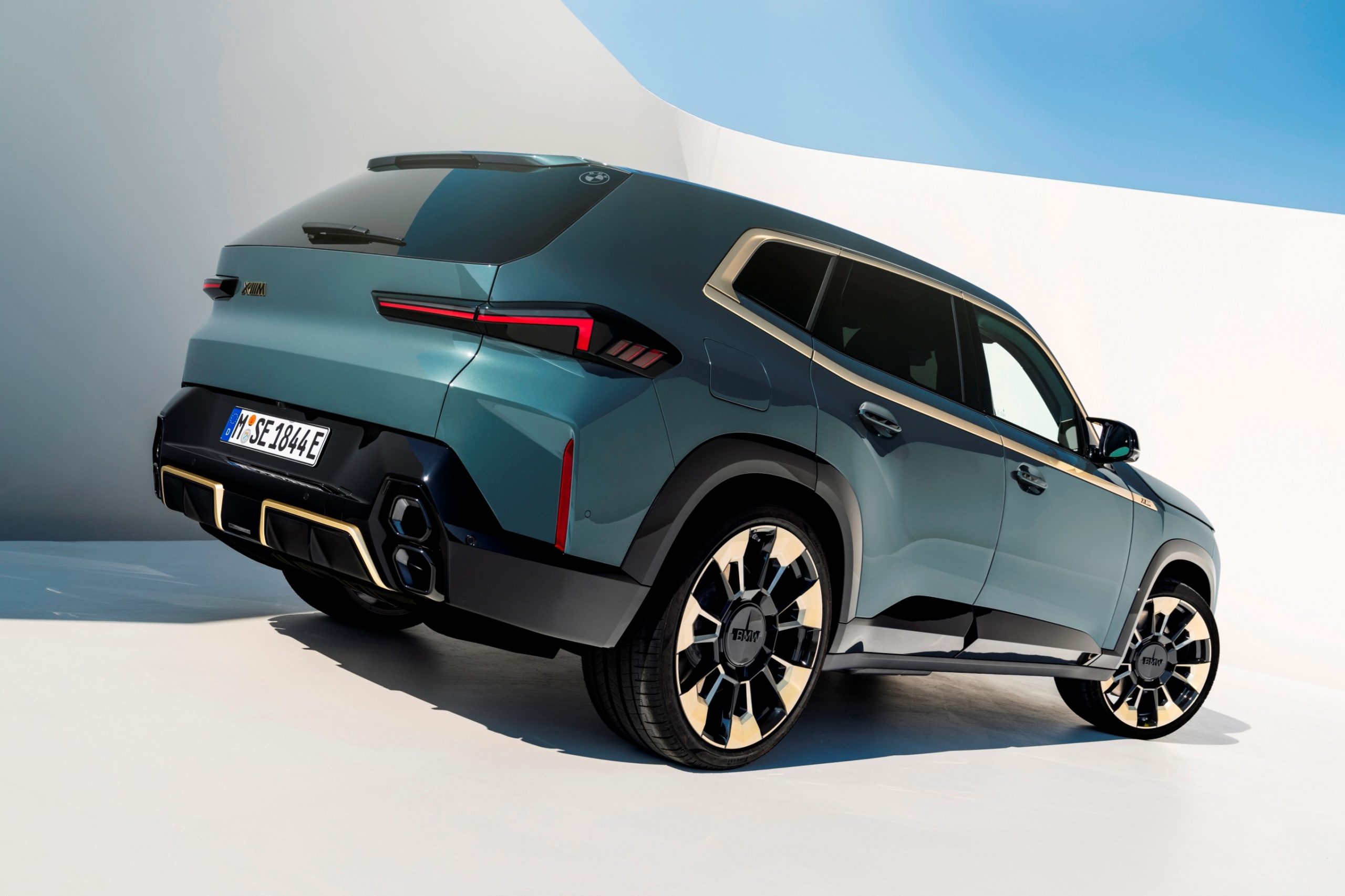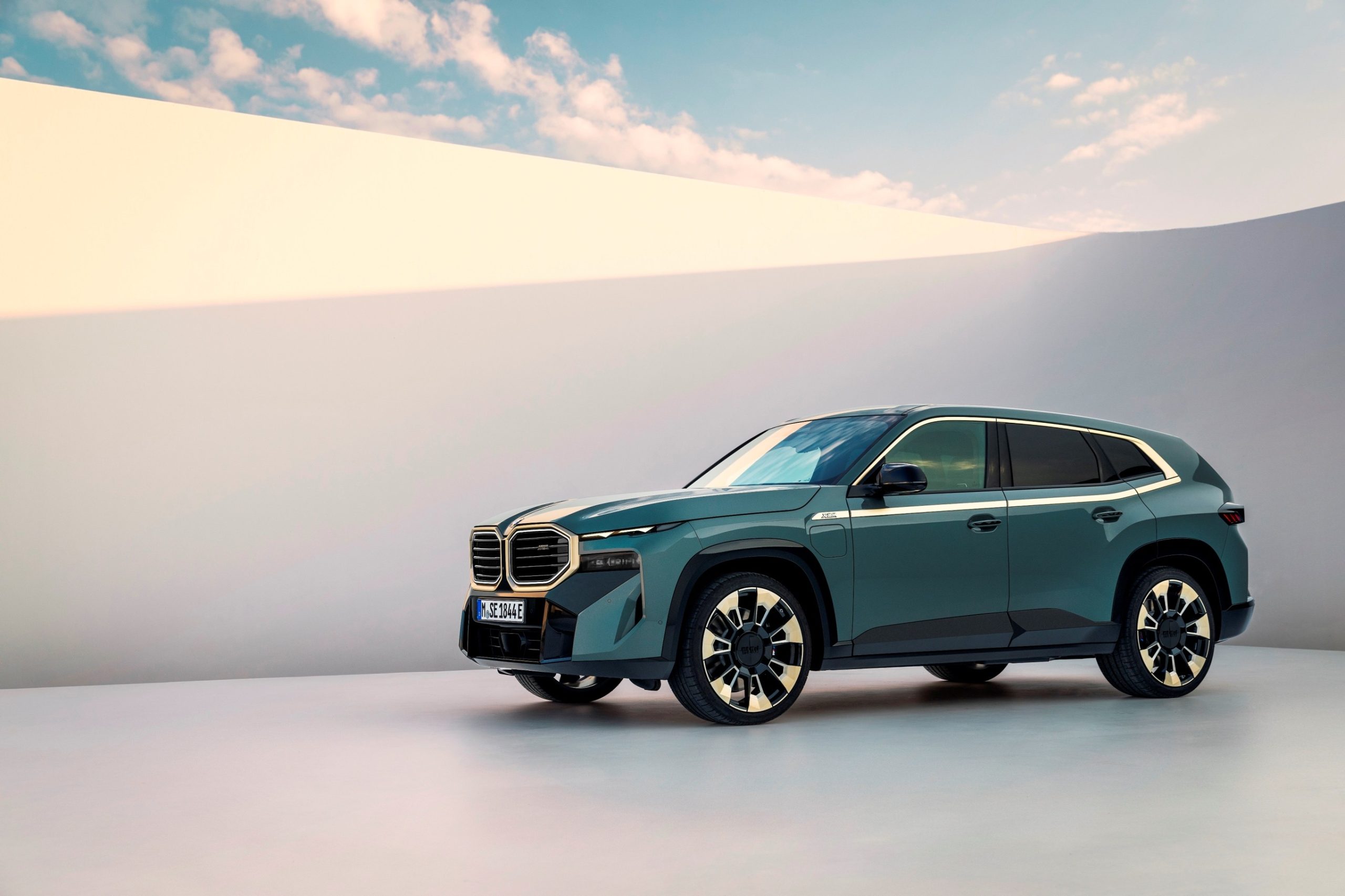The BMW XM, a sport utility vehicle that has been criticized for its aesthetic shortcomings, is facing a potential discontinuation of its mid-range variant. While BMW has not officially confirmed or denied this rumor, BMWBLOG suggests that the low sales figures for the XM have led to this decision.
Despite being the most powerful series-production BMW ever, the XM has struggled to compete with other models in the luxury SUV market, including its electric iX. The plug-in hybrid version of the XM, which is only available in select markets, has also seen declining sales.

The XM’s struggles are likely due to a combination of factors. Its high price tag, coupled with its unconventional design, may have deterred potential buyers. Additionally, the XM’s performance, while impressive, may not have been enough to justify its cost. The electric iX, on the other hand, offers a more modern and eco-friendly alternative that has proven to be more popular with consumers.
Given the XM’s current sales trends, it is possible that BMW will discontinue the mid-range variant in the near future. However, it is also possible that the company will make an effort to revitalize the model with updates or improvements. Ultimately, the fate of the XM will depend on how well BMW can address the challenges it faces in the competitive luxury SUV market.
The BMW X5 M50e, a hybrid SUV that blends performance and efficiency, has sparked debate among enthusiasts due to its use of the B58 engine rather than the M-specific S58. This choice mirrors a similar decision made by BMW in the past, such as the 1 Series M Coupe, which utilized the N54 engine, and the first-generation M2 Coupe, which originally featured the N55 before being replaced by the S55 in the M2 Competition and M2 CS.
Further complicating matters, BMW introduced the S68 engine, initially designed for the XM, in the X7 M60i, a vehicle positioned as an M Performance model rather than a true M. This engine has since found its way into the 760i xDrive, X5 M60i, X6 M60i, and now the M5 Sedan and M5 Touring. Despite sharing the same engine, the XM Label, a more extravagant and heavier version of the XM, offers a higher peak torque rating compared to the M5 Touring.

In terms of pricing, the XM Label commands a premium of $26,000 over the standard XM in the North American market. In Germany, the 50e is priced significantly lower than the XM and XM Label, reflecting the appeal of its hybrid powertrain.
The decision to equip the X5 M50e with the B58 engine rather than the S58 has been met with mixed reactions from enthusiasts. Some argue that the B58, while a capable engine in its own right, lacks the character and performance associated with M-specific powertrains. Others contend that the B58’s combination of power and efficiency makes it a suitable choice for a hybrid SUV like the X5 M50e.
Ultimately, the choice of engine for the X5 M50e is a matter of personal preference. For those seeking a high-performance SUV with a focus on efficiency, the B58-powered 50e may be an attractive option. However, for those who prioritize raw power and a more traditional M driving experience, the S58-powered X5 M remains the more compelling choice.

